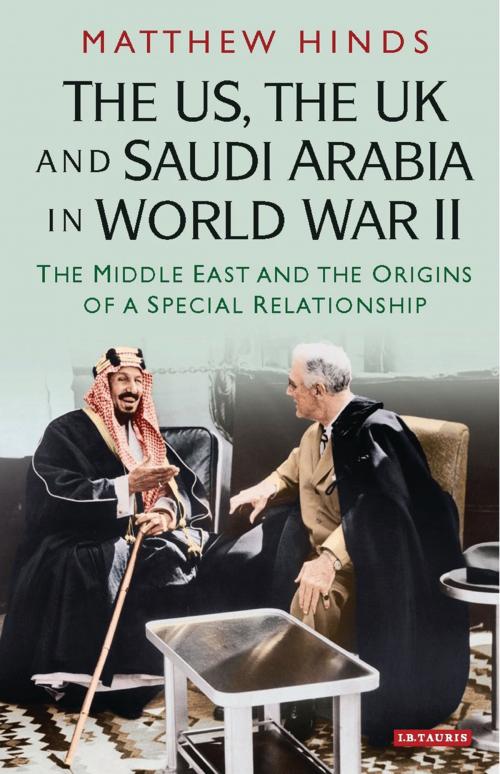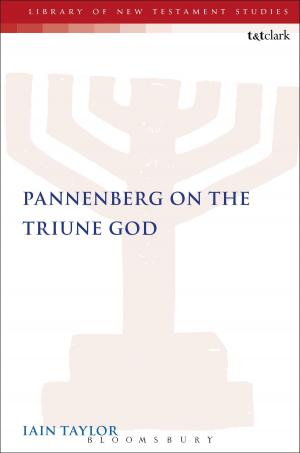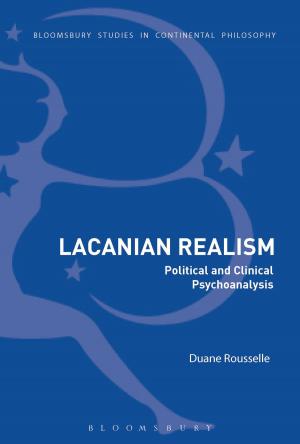The US, the UK and Saudi Arabia in World War II
The Middle East and the Origins of a Special Relationship
Nonfiction, Reference & Language, Reference, Social & Cultural Studies, Political Science, Social Science| Author: | Matthew Hinds | ISBN: | 9780857729637 |
| Publisher: | Bloomsbury Publishing | Publication: | February 17, 2016 |
| Imprint: | I.B. Tauris | Language: | English |
| Author: | Matthew Hinds |
| ISBN: | 9780857729637 |
| Publisher: | Bloomsbury Publishing |
| Publication: | February 17, 2016 |
| Imprint: | I.B. Tauris |
| Language: | English |
The story of Anglo-American relations in Saudi Arabia during the Second World War has generally been viewed as one of discord and hegemonic rivalry, a perspective reinforced by a tendency to consider Britain's decline and the ascent of US power as inevitable. In this engaging and timely study, Matthew Hinds calls into question such assumptions and reveals a relationship that, though hard-nosed, functioned through interdependence and strategic parity. Drawing upon an array of archives from both sides of the Atlantic, Hinds traces the flow of key events and policies as well as the leading figures who shaped events to show why, how and to what extent the allies and Saudi Arabia became 'mixed up together', in the words of Winston Churchill. Perhaps most fundamentally, Britain and the United States were enthralled by the promise of Saudi Arabia serving as an auxiliary to Allied strategy. Obtaining King Ibn Saud's tacit support or more specifically, his 'benevolent neutrality', meant having vital access, not only to the country's prospective oil reserves, but to its prized geographic location, its centrality within Islam and, as international politics increasingly followed an anti-colonial path, to its credentials as a sovereign and independent Arab state. Given what was at stake, London and Washington saw their engagement in Saudi Arabia as seminal; a genuine blueprint for how to forge a lasting 'Special Relationship' throughout the Middle East. Hinds' bold new interpretation is a vital work that enlarges our understanding of the Anglo-American wartime alliance.
The story of Anglo-American relations in Saudi Arabia during the Second World War has generally been viewed as one of discord and hegemonic rivalry, a perspective reinforced by a tendency to consider Britain's decline and the ascent of US power as inevitable. In this engaging and timely study, Matthew Hinds calls into question such assumptions and reveals a relationship that, though hard-nosed, functioned through interdependence and strategic parity. Drawing upon an array of archives from both sides of the Atlantic, Hinds traces the flow of key events and policies as well as the leading figures who shaped events to show why, how and to what extent the allies and Saudi Arabia became 'mixed up together', in the words of Winston Churchill. Perhaps most fundamentally, Britain and the United States were enthralled by the promise of Saudi Arabia serving as an auxiliary to Allied strategy. Obtaining King Ibn Saud's tacit support or more specifically, his 'benevolent neutrality', meant having vital access, not only to the country's prospective oil reserves, but to its prized geographic location, its centrality within Islam and, as international politics increasingly followed an anti-colonial path, to its credentials as a sovereign and independent Arab state. Given what was at stake, London and Washington saw their engagement in Saudi Arabia as seminal; a genuine blueprint for how to forge a lasting 'Special Relationship' throughout the Middle East. Hinds' bold new interpretation is a vital work that enlarges our understanding of the Anglo-American wartime alliance.















